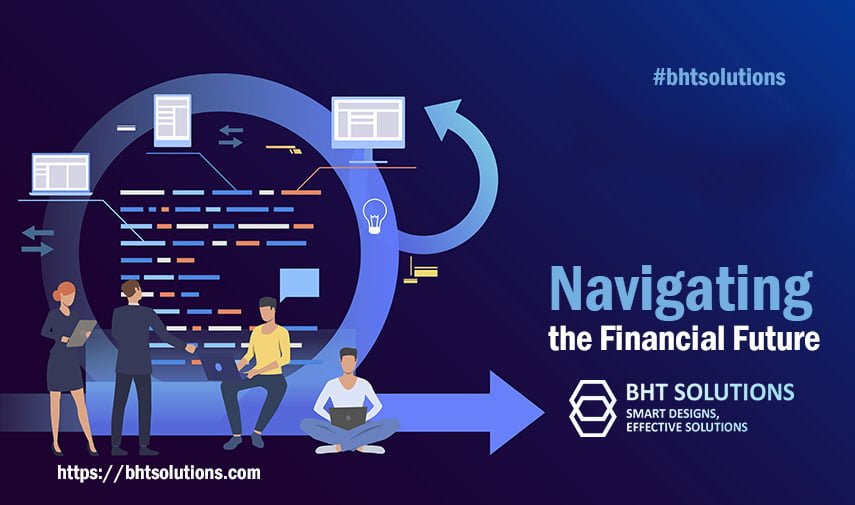As the technology landscape evolves at an unprecedented pace, DevOps continues to shape the way organizations build, deploy, and manage software. As we look ahead to 2024, several emerging trends are poised to transform the DevOps ecosystem, driving innovation and redefining best practices across industries.
1. Autonomous DevOps: Embracing Self-Driving Infrastructure
The concept of Autonomous DevOps is set to revolutionize the way organizations manage infrastructure and workflows. Leveraging AI and machine learning, Autonomous DevOps aims to create self-healing, self-scaling, and self-optimizing systems that predict and autonomously resolve operational issues, enhancing overall efficiency and reliability.
2. GitOps: Accelerating Continuous Delivery with Git-based Operations
GitOps, a paradigm gaining momentum, revolves around using Git repositories as a single source of truth for infrastructure and application deployment. It emphasizes declarative configurations, automated workflows, and version control, enabling teams to manage and orchestrate complex deployments seamlessly, thereby accelerating Continuous Delivery pipelines.
3. NoOps and No-Code/Low-Code: Streamlining Operations and Development
The NoOps movement seeks to abstract away operational complexities by automating infrastructure, allowing developers to focus solely on writing code. Coupled with the rise of No-Code/Low-Code platforms, this trend empowers citizen developers to create applications without deep coding expertise, thereby accelerating innovation and democratizing software development.
4. Edge Computing and DevOps: Optimizing for Distributed Environments
With the proliferation of edge devices and IoT, DevOps is extending its reach to edge computing. Managing and deploying applications on distributed edge environments pose unique challenges, requiring DevOps teams to adopt specialized tools and strategies to ensure efficient, secure, and scalable operations at the edge.
5. Green DevOps: Integrating Sustainability into Software Development
The convergence of environmental consciousness and technology has given rise to Green DevOps—a movement aimed at reducing the environmental impact of software development processes. Green DevOps emphasizes energy-efficient infrastructure, optimizing resource usage, and adopting eco-friendly practices throughout the DevOps lifecycle.
6. Quantum Computing and DevOps Challenges
The emergence of quantum computing presents both opportunities and challenges for DevOps. Quantum computing’s immense processing power necessitates rethinking algorithms, security measures, and data management strategies. DevOps teams will need to adapt and innovate to harness the potential of quantum computing while addressing new complexities.

Conclusion: Embracing Innovation in DevOps
As we anticipate the year 2024, the DevOps landscape is poised for transformative changes driven by technological advancements and evolving industry demands. Embracing Autonomous DevOps, GitOps, NoOps, Edge Computing, Green DevOps, and preparing for the quantum computing era are key steps toward staying ahead in the ever-evolving DevOps journey.
